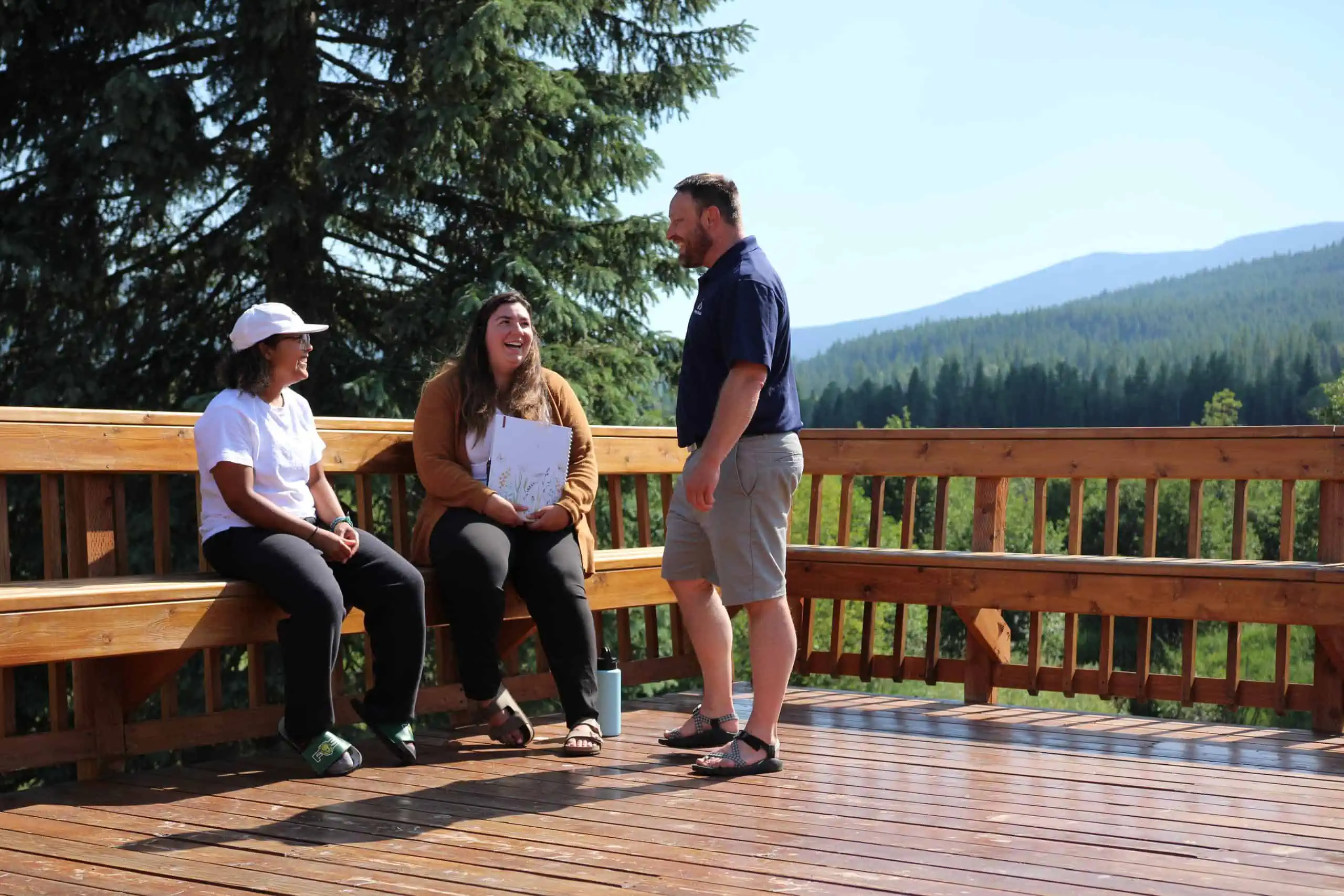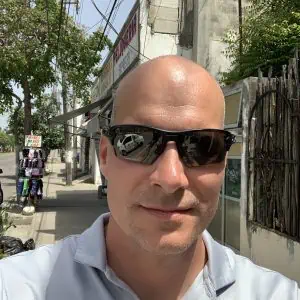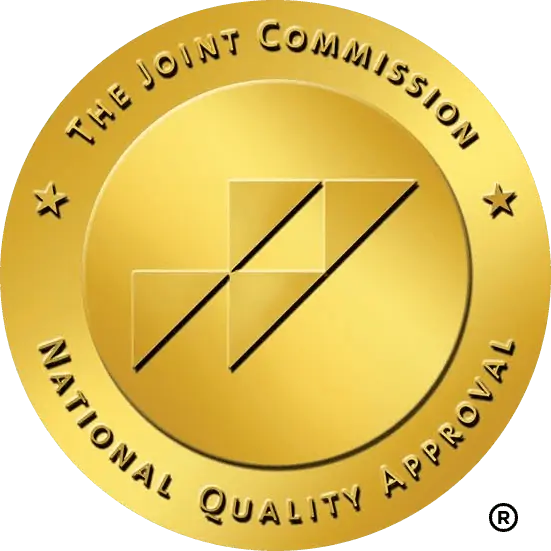“Every day brings more evidence that our nation’s youth are facing a mental health crisis: rates of depression, anxiety, and suicidal thoughts among young people are on the rise, and so are adolescent deaths from drug poisoning,” warned Surgeon General Vivek Murthy and the Director of National Drug Control Policy Rahul Gupta in July in an op-ed on USA Today.
Addressing the Teen Mental Health Crisis
“By late 2021, the number of adolescents dying from drug poisoning each month had more than doubled, with 84 percent of these deaths involving illicit fentanyl, including fake prescription pills. Two out of every 5 of these young people also had mental health issues.”
The disconcerting trend is fully visible at Turning Winds. “We’re seeing a pretty significant upward trend in folks with dual diagnosis,” says clinical director Jared Sartell, LCSW. “They use substances in order to manage something else that’s happening in their lives. So we see a lot of that happening and we’re seeing a lot of an increase in folks on the high-functioning autism spectrum with a combination of developing personality disorder or substance use or maybe the trifecta. And so what we’re seeing in that regard is actually fairly new.”
The Dual Diagnosis Challenge: Mental Health and Substance Use
Dual diagnosis refers to a person who has a mental health issue and a substance use disorder (SUD) concurrently—these conditions occur together frequently.
“There’s been an increase in symptoms of depression and anxiety, and that’s always kind of been a bread and butter of any kind of treatment, even if it’s substance use specific treatment,” confirms Sartell. “That’s always like a symptom of some underlying something else like anxiety, depression, trauma response, something like that.”
Creating a Supportive Environment
Traditionally, many treatment programs focused on one particular aspect. “They would specialize in the treatment of trauma resolution, or they would specialize in substance use,” says Sartell. “What Turning Winds does really well is we create a cross-section of what the general population would be. That specialization can allow you to provide really good treatment for that thing within that environment. But the world doesn’t exist like that. And so what Turning Winds does really well is we have a handful of clients that are a cross-section of the community at large. And so at any given time, we have a handful of people on the high-functioning autism spectrum. We have a handful of people with adoption attachment issues.”
Many of the adolescent clients at Turning Winds experience anxiety, depression, and unresolved trauma. Sartell stresses the importance of “creating an environment that allows them to learn how to work on themselves in surroundings that look like what the world would look like when they leave. What we’re finding is that this has a profound effect on their ability to translate their recovery—whether it’s for mental health issues or from substances—to life beyond treatment. That’s really valuable and important.”
Turning Winds’ Unique Comprehensive Approach
A coordinated team effort is extremely helpful. Communication is critical between all team members so they are aware of specific areas each child is processing at the moment. They will understand their role and others in creating a support system of staff and peer groups to best encourage growth and self-regulation. Repetition, routine, and commitment are hallmarks of the Turning Winds program.
Our adolescent clients learn how to correctly perceive and purposefully engage with the world around them. The program’s holistic approach, relational focus, and emphasis on achieving authentic openness make Turning Winds especially effective at facilitating positive outcomes and long-term change.
The Five Pillars of Change at Turning Winds
Therapeutic approaches—many particular to the Turning Winds boarding school environment—include character education, wellness of body and mind, outdoor experiential education, evidence-based clinical care, and academic success, along with continuously improving each aspect of our therapeutic program through measuring outcomes in each area. Together, these constitute what we call the “Five Pillars of Change.”
At Turning Winds, the mission is to rescue teens from crisis situations, renew their belief in their own potential, reunite them with their families, and put them on a sustainable path to success. Contact us online for more information, or call us at 800-845-1380. If your call isn’t answered personally, one of us will get back to you as soon as possible.









